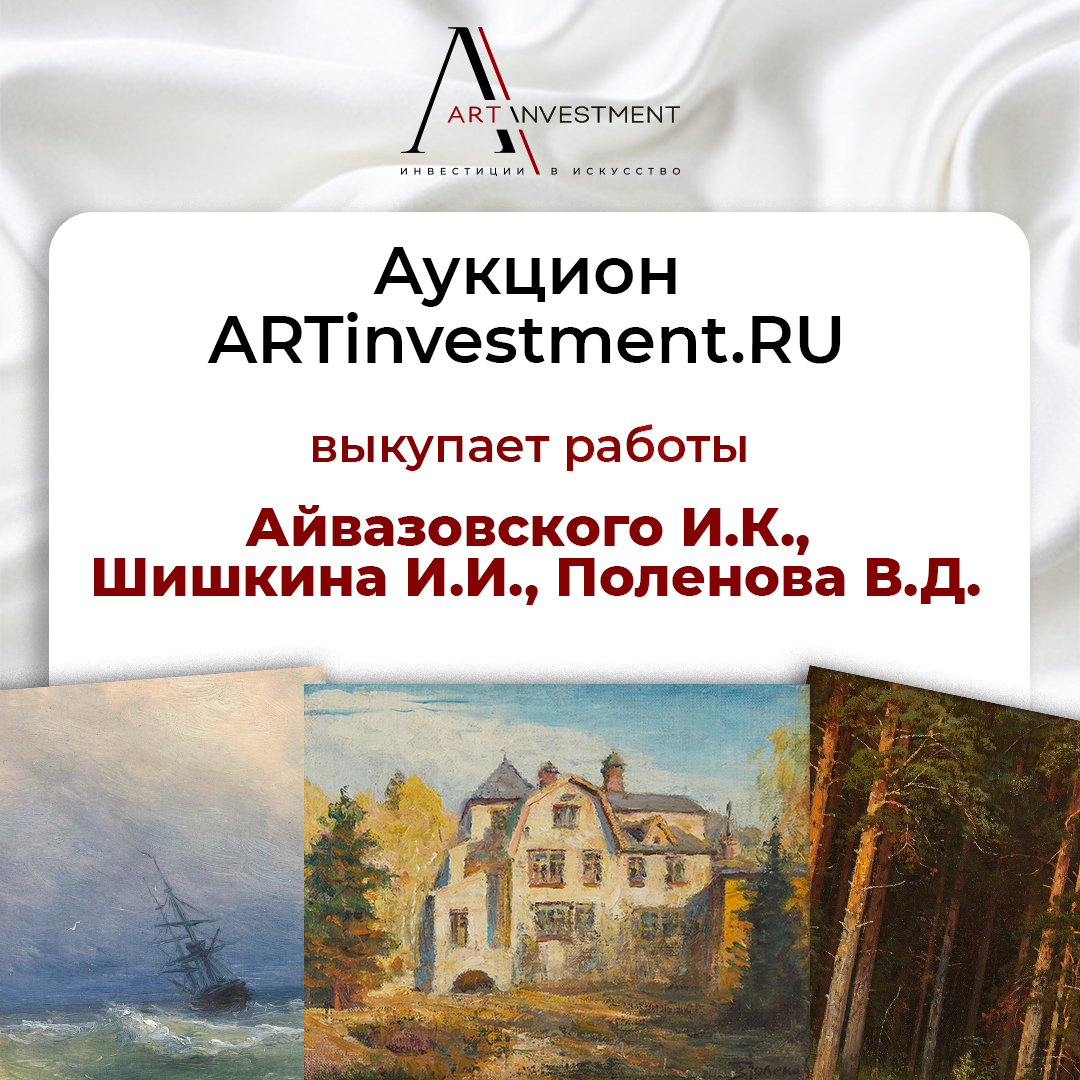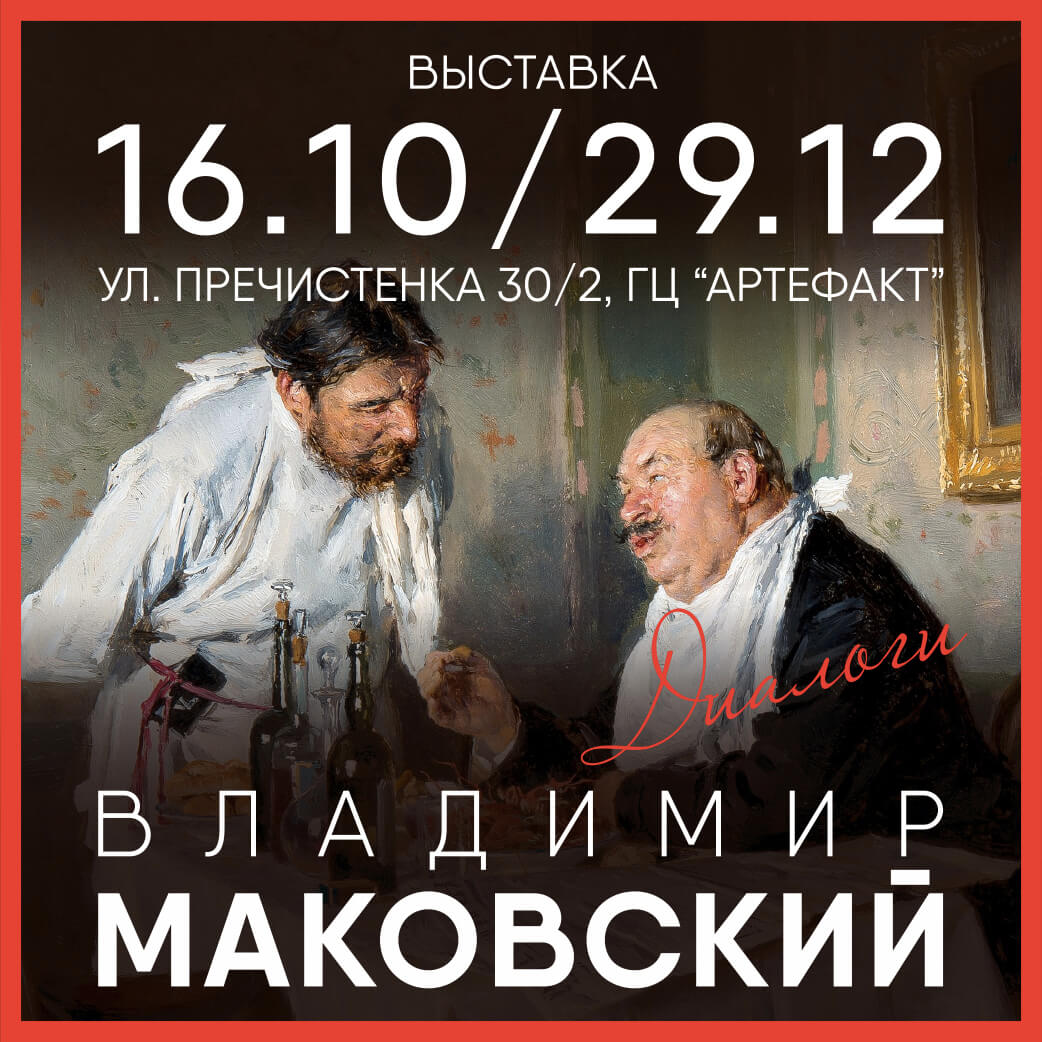The state examination in the export of cultural property
Temporarily exported cultural property provided for the state examination twice: before and after removal of the return to Russia. That is the prescription of law
State examination necessarily takes place not only in respect of exported cultural property, the return to a country which is not mandatory, but also in respect of temporarily exported values. In the latter case the subjects offered for examination twice: before and after removal of the return to Russia.
In a statement on the expertise of temporarily exported cultural property to specify the purpose of limitation, the conditions and timing of such removal. In this case, the statement further attached documents provided in article 30 of the Law «On Export and Import of Cultural Property». In accordance with Article 2 of the legal person (not a state and municipal museums, archives, libraries, and other public repositories of cultural values), as well as individuals, government and management officials have made to his statement:
-
certificate Making temporarily exported cultural property within the statutory Russian security lists or registries;
-
confirmation notice of the public authority accepting the cultural values in the public safety, for their export;
-
contract to host a party on the purpose and conditions of the temporary export of cultural property;
-
documented assurances and guarantees of the host country government authorities of the country of destination with respect to the preservation and return of cultural property.
If the export is allowed, the applicant is issued a certificate form, by which the value can be moved across the border. Whether attached to the certificate and seal a list of cultural values and their photos.
The same document, among other things, specifies the purpose and period of export values. These conditions are essential, they should not interfere. If circumstances have changed - for example, the return of items in a timely fashion or not inexpediency - should re-apply to the body Rosohrankultury a written request to extend the period of temporary export. If the request is granted, then a decision will be brought to the attention of officials, not only the applicant requests, the owner of the thing, but also customs, which is issued a temporary export value. Following these recommendations, the owners and their proxies would be able to avoid trouble with the law, as authorized bodies before the completion of all procedures will be established to monitor the temporary export of cultural property. Otherwise, when determining the facts of non-compliance with the purposes and duration of temporary export, will be simultaneously taken up and the return values, and to attract people to effect a temporary removal, to justice.
cases where wittingly or unwittingly break the law a person is exporting cultural values, in recent years found many. Thus, even in 2002, the Central Customs Administration, in his letter pointed out that many items previously exported temporarily for exhibitions, the implementation of the restoration work and research, trade via the Internet or foreign firms are found in the collections of foreign museums. Customs officers stressed that these violations are possible because of poor-quality examinations conducted by experts, specifically authorized by the Ministry of Culture of Russia, but did not have sufficient expertise in the field of art history, which they appreciated.
There are attempts to manufacture an expert does not necessarily those items that are subject to removal, and other things (usually a copy). In addition, under the guise of copies of the owners and owners of cultural property (including museums and) brought in the temporary removal of the original value, and import copies.
In order to prevent such offenses TSTU recommended that the Customs authorities:
-
involve an examination only professional experts, who empowered the relevant order of the Ministry of Culture of the Russian Federation in particular fields of art history;
-
if there is doubt about the competence of conducting examinations in the mandatory appeal to the core organization;
-
experts pay special attention not only to establish safety of imported items, but their identities previously Exported Cultural Objects;
-
Repatriation of cultural property to pay special attention to the presence of foreign investments, which may be copies of exported items;
-
guide for further study out of when in doubt in the expert opinion on the material of manufacture.
In the 10-day period after the return value is exported to our country is the owner of the thing (or person authorized by them) shall apply to the authority which issued the certificate for temporary export of cultural property, with notification of the return of items. Such notice must specify the state of all things after the return. Be with the seriousness of the claim, because in the examination of experts will draw special attention to the preservation of things and present their findings, basing them in the expert opinion. If the property deteriorate, officials will need to take steps not only to rebuild things, but to bring to justice those responsible for the safety of the damaged property.
Material prepared Elena Pokidova
Source: artinvestment.ru
Permanent link to:
https://artinvestment.ru/en/invest/law/20080728_1expert.html
https://artinvestment.ru/invest/law/20080728_1expert.html
© artinvestment.ru, 2024
Attention! All materials of the site and database of auction results ARTinvestment.RU, including illustrated reference information about the works sold at auctions, are intended for use exclusively for informational, scientific, educational and cultural purposes in accordance with Art. 1274 of the Civil Code. Use for commercial purposes or in violation of the rules established by the Civil Code of the Russian Federation is not allowed. ARTinvestment.RU is not responsible for the content of materials submitted by third parties. In case of violation of the rights of third parties, the site administration reserves the right to remove them from the site and from the database on the basis of an application from an authorized body.


